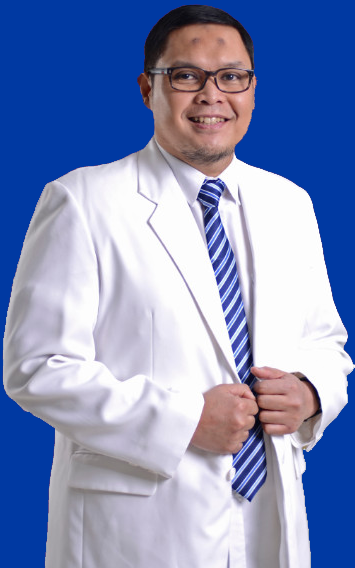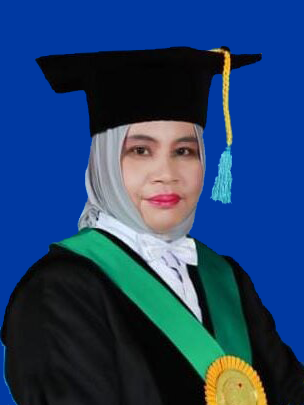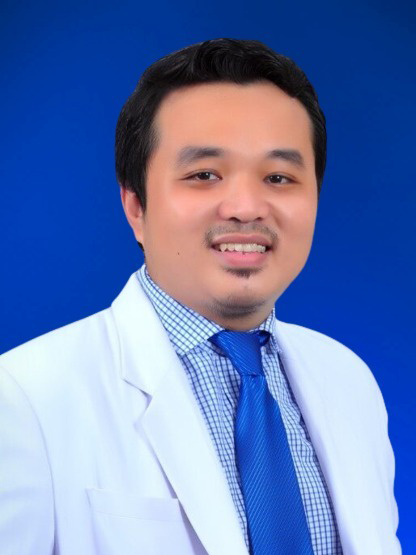Challenge for medical doctor in the future
Challenge for medical doctor
DOI:
https://doi.org/10.59747/smjidisurabaya.v1i1.22Keywords:
medical doctor, communication skill, negotiation-consensus, inter-collegial, teamworkAbstract
Background: Indonesia faces many challenges after the COVID-19 outbreaks, particularly the needs of medical doctor, which lead to almost all university provide a doctor faculty. To produce a good quality doctor, not only in skills and knowledge including communication skills with patients and colleagues is still challenging. Objectives: This editorial was written to summarized the challenge of medical doctor in the future. Editorial: A good quality doctor, not only in skills and knowledge including communication skills with patients and colleagues. In addition, doctors need to be able to utilize medical technology or information technology. Communication skill is needed to bridge the relationship of doctor-patients by negotiation-consensus communication is able to improve the patient’s outcome. Inter-collegial relationship is needed as a part of teamwork communication for a better patient’s outcome. Doctor needs to update their skill on information technology and medical technology as a part of medical services on the society. Conclusion: To be a good medical doctor, not only need a medical skill, but also communication skills, empathy and humanity, respectful, and professional. A doctor is not only a profession, but also an effort of saving the patient’s life from diseases.
References
Alsobayel, H., 2016. Use of social media for professional development by health care professionals: A cross-sectional web-based survey. JMIR Med. Educ. 2, 1–8. doi: 10.2196/mededu.6232.
Cheston, C.C., Flickinger, T.E., Chisolm, M.S., 2013. Social media use in medical education: A systematic review. Acad. Med. 88, 893–901. doi: 10.1097/ACM.0b013e31828ffc23.
Committee on Digital Skills for Health Professionals, 2016. Digital Skills For Health Professionals European Health Parliament 2016.
Committee on Patient Safety and Quality Improvement, Committee on Health Care for Underserved Women, 2014. Effective Patient – Physician Communication, The American College of Obstetricians and Gynecologists. US
De Miranda, M.A., Dogget, M., Evans, J.T., 2005. Medical Technology: Contexts and Content in Science and Technology. Architectural and Manufacturing Sciences Faculty Publications, Michigan, US.
Ekawati, L.L., Arif, A., Hidayana, I., Nurhasim, A., Munziri, M.Z., Lestari, K.D., Tan, A., Ferdiansyah, F., Nashiruddin, F., Adnani, Q.E.S., Malik, H., Maharani, T., Riza, A., Pasaribu, M., Abidin, K., Andrianto, A.A., Nursalam, N., Suhardiningsih, A.V.S., Jubaedah, A., Widodo, N.S., Surendra, H., Sudoyo, H., Smith, A.D., Kreager, P., Baird, J.K., Elyazar, I.R.F., 2022. Mortality among healthcare workers in Indonesia during 18 months of COVID-19. PLOS Glob. Public Heal. 2, e0000893. doi: 10.1371/journal.pgph.0000893.
Guragai, M., Mandal, D., 2020. Five Skills Medical Students Should Have. J Nepal Med Assoc 58, 269–271. doi: 10.31729/jnma.4878.
Haleem, A., Javaid, M., Singh, R.P., Suman, R., 2021. Telemedicine for healthcare: Capabilities, features, barriers, and applications. Sensors Int. 2, 100117. doi: 10.1016/j.sintl.2021.100117.
Lee Ventola, C., 2014. Social media and health care professionals: Benefits, risks, and best practices. P T 39, 491–500.
Nørgaard, B., 2014. Communication with patients and colleagues. Dan. Med. Bull. 58(12):B4359.
Nørgaard, B., Ammentorp, J., Kofoed, P.-E., Kyvik, K.O., 2012. Training improves inter-collegial comminication. 9(3):173-7. doi: 10.1111/j.1743-498X.2011.00525.x.
Panahi, S., Watson, J., Partridge, H., 2016. Social media and physicians: Exploring the benefits and challenges. Health Informatics J. 22, 99–112.
Rampton, V., Böhmer, M., Winkler, A., 2022. Medical Technologies Past and Present : How History Helps to Understand the Digital Era. J. Med. Humanit. 343–364.
Ranjan, P., Kumari, A., Chakrawarty, A., 2015. How can doctors improve their communication skills? J. Clin. Diagnostic Res. 9, 1–4.
Rashid, A.A., Kamarulzaman, A., Sulong, S., Abdullah, S., 2021. The role of social media in primary care. Malaysian Fam. Physician 16, 14–18.
Schiavo, R., 2013. Health Communication: from theory to practice, 2nd ed. ed. Jossey-Bass, San Fransisco.
Virshup, B.B., Oppenberg, A.A., Coleman, M.M., 1999. Strategic risk management: reducing malpractice claims through more effective patient-doctor communication. Am. J. Med. Qual. 14, 153–159.
Yousuf, R., Bakar, S., Haque, M., MN, I., Salam, A., 2017. Medical Professional and Usage of Social Media. Bangladesh J. Med. Sci. 16, 606–609.
Downloads
Published
License
Copyright (c) 2023 Brahmana Askandar Tjokroprawiro

This work is licensed under a Creative Commons Attribution 4.0 International License.














